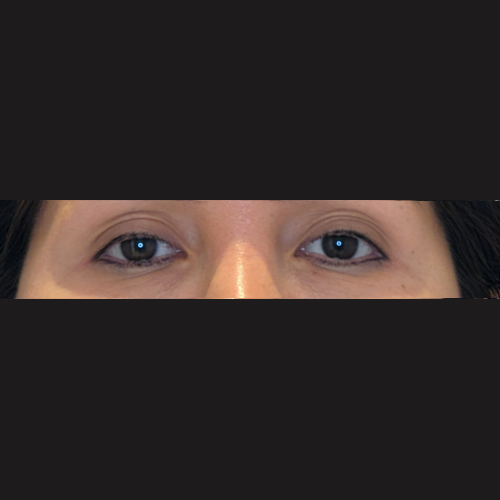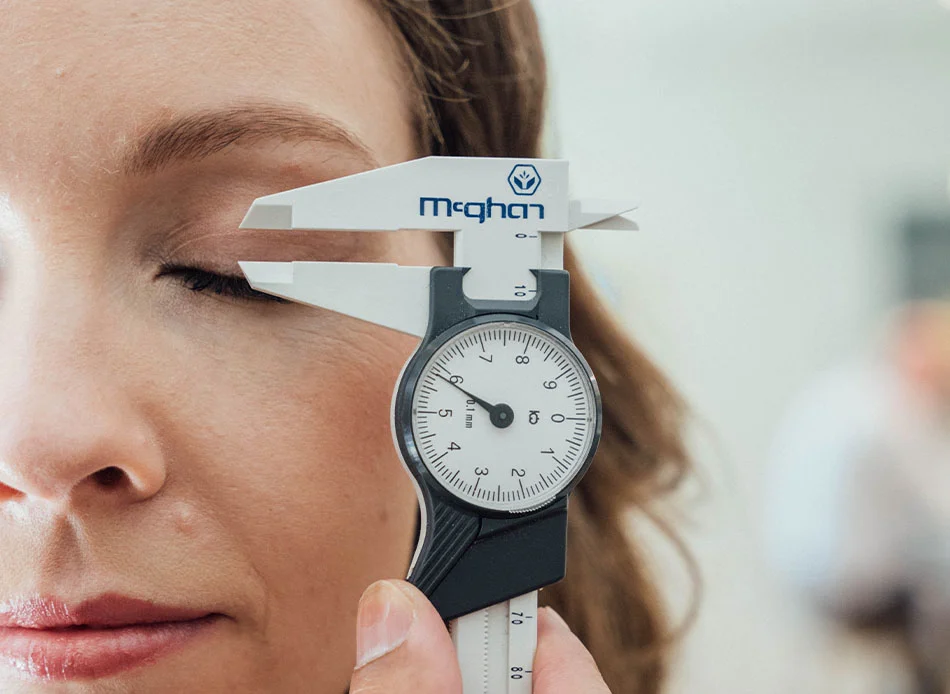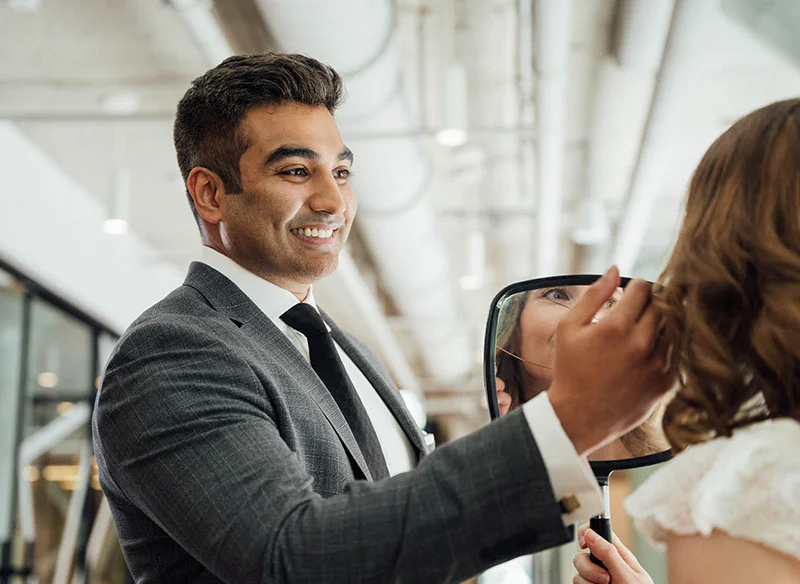Postoperative Instructions
NOTE: IF YOU ARE UNDERGOING A PROCEDURE UNDER ANESTHESIA (NOT LOCAL ANESTHESIA ALONE), DO NOT EAT OR DRINK ANYTHING AFTER MIDNIGHT PRIOR TO YOUR PROCEDURE.
Amazon Post-Op List: https://a.co/cfYUsv8
Dr. Sitapara has curated these items to help you breeze through your recovery (please review ingredients for any allergies or contraindications):
- L-Arginine Pro – Scientifically proven to aid in healing time and pain. Consume 1 scoop per day for the week before surgery and the week after surgery.
- Vitamedica Bromelain – Studies show significant reduction in bruising. Take one pill per day for one week before surgery and the week after surgery.
- General Gauze Sponges – Use as needed for wound care. Non-woven for comfort.
- Extra Strength Tylenol – Lay a foundation of pain control before using additional pain medications for spikes in discomfort. 500mg rapid release tablets to take every 4-6 hours. Do not exceed 4000mg per day (8 tablets).
- Refresh Eye Drops – Soothe dry or irritated eyes as needed. Put the box in the fridge for added comfort.
- Chloroseptic Spray – To soothe any throat irritation after surgery.
Sleep Options – We generally recommend sleeping with your head slightly elevated after surgery to reduce swelling. You should also be sleeping strictly on your back. Explore these options to find what works best for you:
- AM Aeromax Back Sleep Training Pillow – Design trains you to sleep on your back. Recommend placing on top of another flat pillow to keep head elevated. Machine washable cover.
- Cozymaker Wedge – Elevates your head and neck to an optimum angle. May need to combine with an airplane neck pillow to prevent side sleeping.
- Airplane Pillow – Hair Transplant Patients should bring this on the day of surgery.
The following instructions apply to patients who have undergone blepharoplasty. Since no two patients are exactly alike in their surgical needs, type of surgery performed, or rate of healing, we may individualize these guidelines for each patient. If any modifications are necessary, we will provide specific instructions. Otherwise, we urge you to follow the advice below carefully to accelerate healing and maximize your surgical outcome.
Preoperative Instructions
- If possible, do not take any aspirin or NSAID medications (ibuprofen, Motrin, Advil, etc.) for 14 days prior to your procedure, unless otherwise advised by your personal physician. If this is not possible, please inform your surgeon before surgery.
- Avoid alcohol for 7 days prior to surgery to aid in the healing process.
- If you are having this procedure while awake, make sure to have a meal before coming into the office.
Postoperative Instructions
- Sleep on your back with your head elevated.
- Blepharoplasty usually causes little to no post-operative pain. If you experience significant, persistent sharp pain, notify our office immediately.
- Icing for the first 48 hours after surgery will improve healing. Apply bottled or sterile water to gauze pads, place them over your eyes, and then apply baggies of frozen vegetables over the pads. Change as they become warm. It is recommended to prepare 6-8 baggies before surgery for easy access at home. No need to ice overnight.
- Do not take aspirin or aspirin-containing pain medications.
- You may use your eyes for reading or TV viewing as often as you wish.
- Apply the prescription eye ointment to the incision twice daily. Use sparingly—a small amount is sufficient. Excess use may melt and temporarily blur vision.
- Do not wear contact lenses for at least two weeks. Pulling on the eyelids while inserting or removing lenses may interfere with incision healing. Glasses may be used at any time.
- Avoid mascara, eyeliner, or eye shadow until approved by our team (usually 10-14 days). Minimal makeup on bruising of the lower lid is acceptable, but do not pull on the lids or incisions. Camouflage makeup instruction is available if desired.
- Any redness of the whites of the eyeballs is a form of bruising and will subside during the healing process.
- Walking is encouraged after surgery, but avoid any activity that raises your heart rate or blood pressure.
- 1-2 weeks post-surgery: You may progress to walking 3 miles for exercise.
- After 2 weeks: Slowly reintroduce exercise into your routine.
- After 3 weeks: Avoid vigorous exercise or sports until approved by our team.
- Avoid sun exposure, as it can impair wound healing and worsen scarring.
- Suture removal: Stitches are removed at different times depending on the extent of surgery, type of stitches, and your skin type. This usually occurs between 5-8 days post-op.
- Mild itching and tightness of the eyelids during early healing is normal.
If you have any concerns, please reach out to our office for further guidance.







